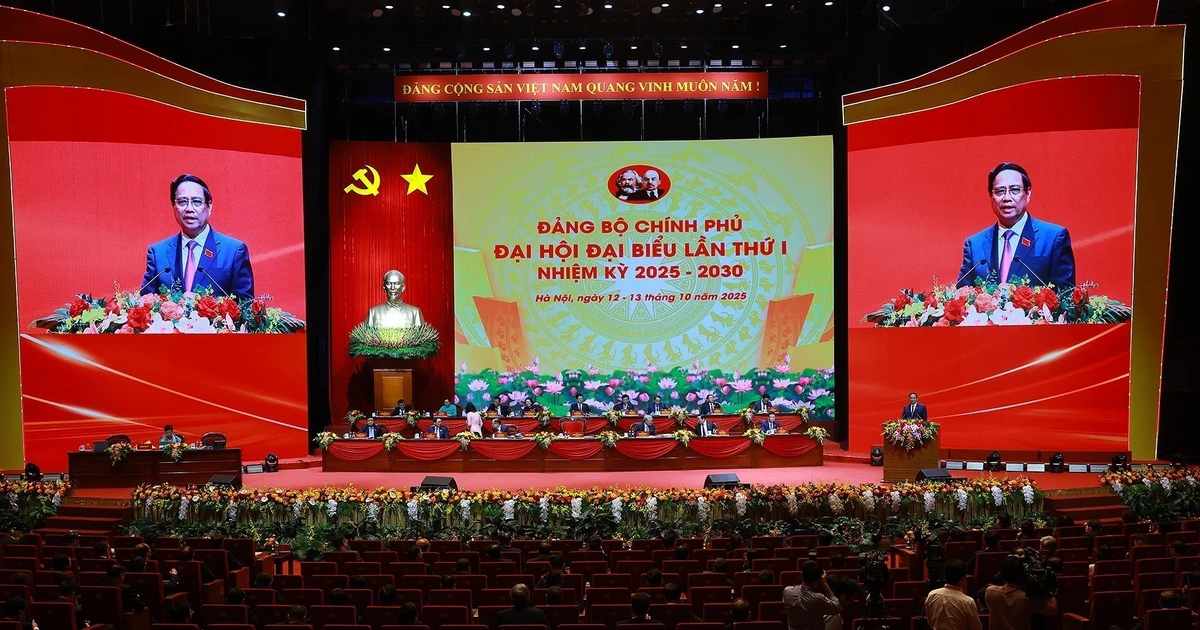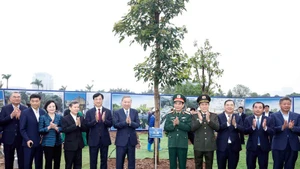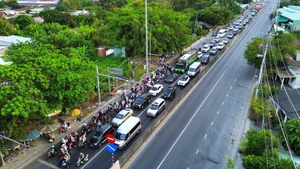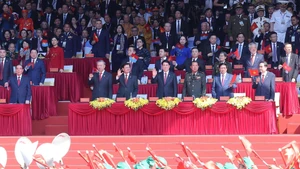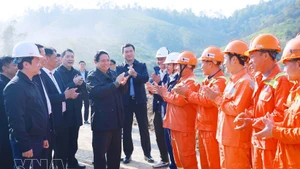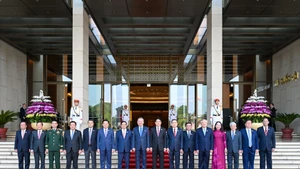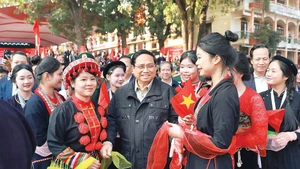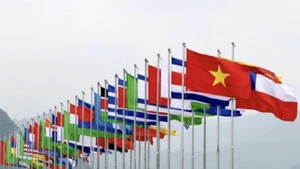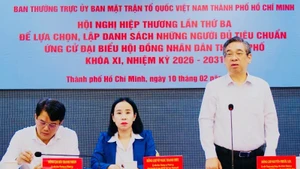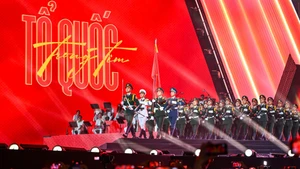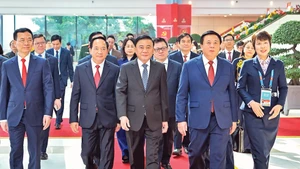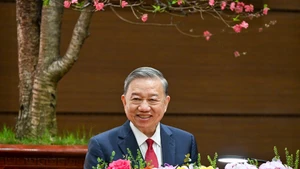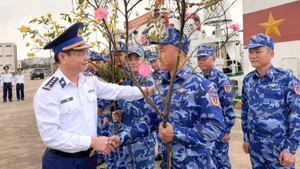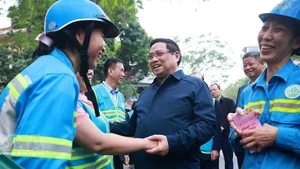The plenum, chaired by Politburo member, Secretary of the Government’s Party Committee and Prime Minister Pham Minh Chinh, followed group debates that looked into the documents of the congress and the drafts to be submitted to the 14th National Party Congress.
Discussing the socio-economic development results during 2020–2025, delegates shared the view that amid numerous difficulties, challenges, and unprecedented issues, thanks to efforts by the entire political system and the people under the Party’s leadership, the Government’s Party Organisation has led and directed the implementation of various measures.
As a result, the country is expected to reach and exceed 22 of the 26 main socio-economic targets for the period, including all the social targets, with all the 15 annual socio-economic targets surpassed in 2024 and 2025.
Speaking at the group discussion, PM Chinh said the draft documents to be submitted to the 14th National Party Congress feature many new points – more conciseness, more substantiveness, and more focus on efficiency and feasibility.
Mentioning the landmark 6th National Party Congress in 1986 with the launch of the “Doi moi” (Renewal) policy, he urged pushing ahead with renewal and reform, especially in science – technology, innovation and digital transformation, so as to make greater breakthroughs and enable the country to reach new heights.
The Government leader also underlined the importance of continuing to tackle institutional bottlenecks to mobilise resources and enhance national competitiveness.
During 2020–2025, about 1.57 quadrillion VND (59.6 billion USD) in revenue increase and spending cuts of the state budget has been recorded; some 1.1 quadrillion VND spent on social security; public debt reduced to 35% of GDP this year from 44.3% in 2020; total investment across society hit 17.3 quadrillion VND or 33.2% of GDP; and five-year public investment totalled 3.4 quadrillion VND, soaring 55% from the 2016–2020 term, he noted.
PM Chinh perceived that resources in society remain huge, and the important thing is how to mobilise them more strongly by comprehensive and effective measures. To do that, it is necessary to assign private businesses to invest in major infrastructure projects such as large sports complexes capable of hosting Olympics-level events or international airports.
At the plenary session, delegates listened to seven speeches, including those on enhancing the Party’s leadership over law making; promoting the role of cadres, civil servants, public employees, and workers in the nation’s new era of prosperity, civilisation, and happiness; and protecting the Party’s ideological foundation amid multidimensional information impacts on ethnic and religious affairs.
Other delegates delivered reports on making breakthroughs in institutional building to help improve public health care; the inspection, supervision, and enforcement of the Party’s discipline and the settlement of complaints and denunciations by the Government’s Party Organisation; the leadership by the Party Committee of the Vietnam Academy of Science and Technology over the development of sci-tech human resources, especially young scientists; and the Vietnam Railways Corporation’s experience in building a clean and strong Party organisation.
